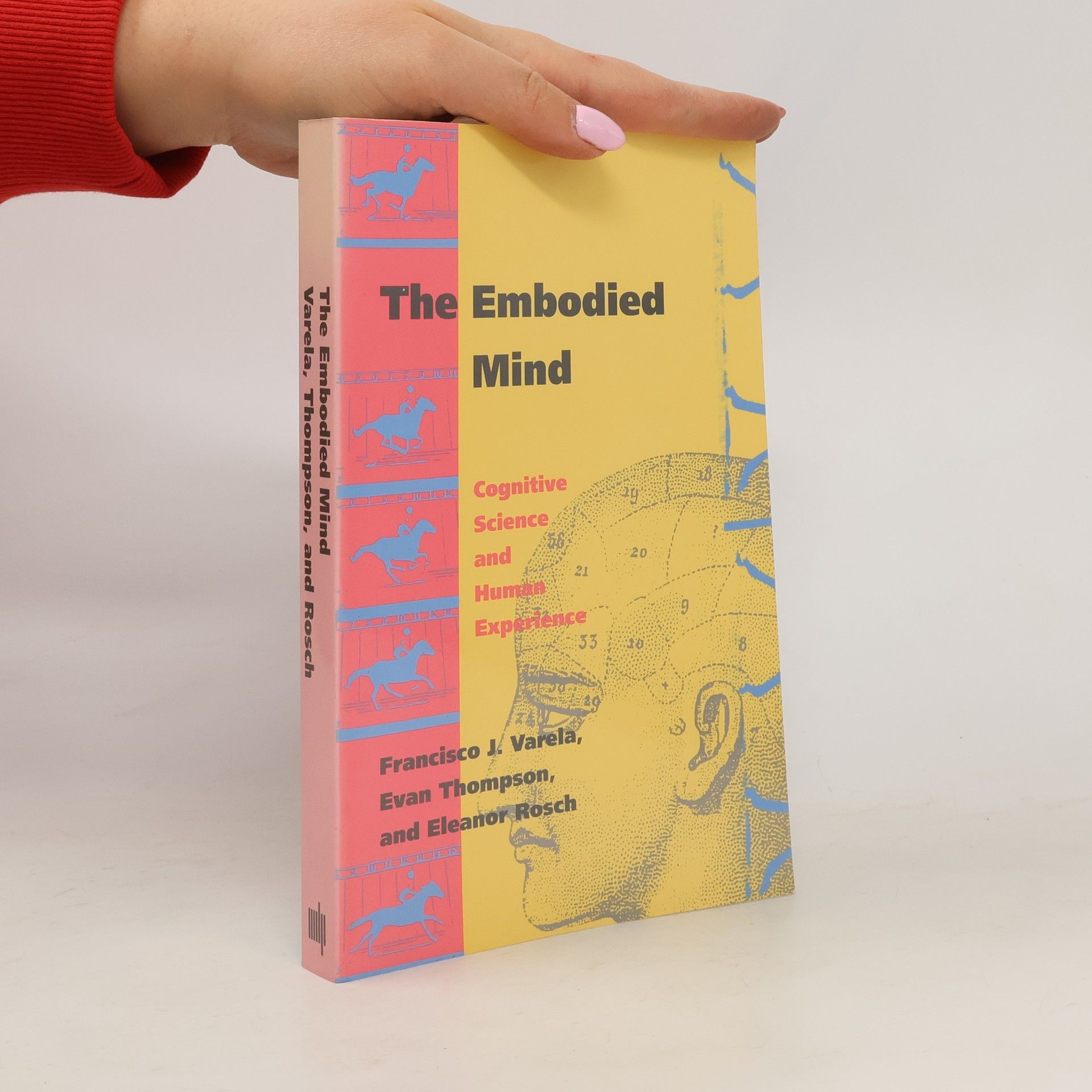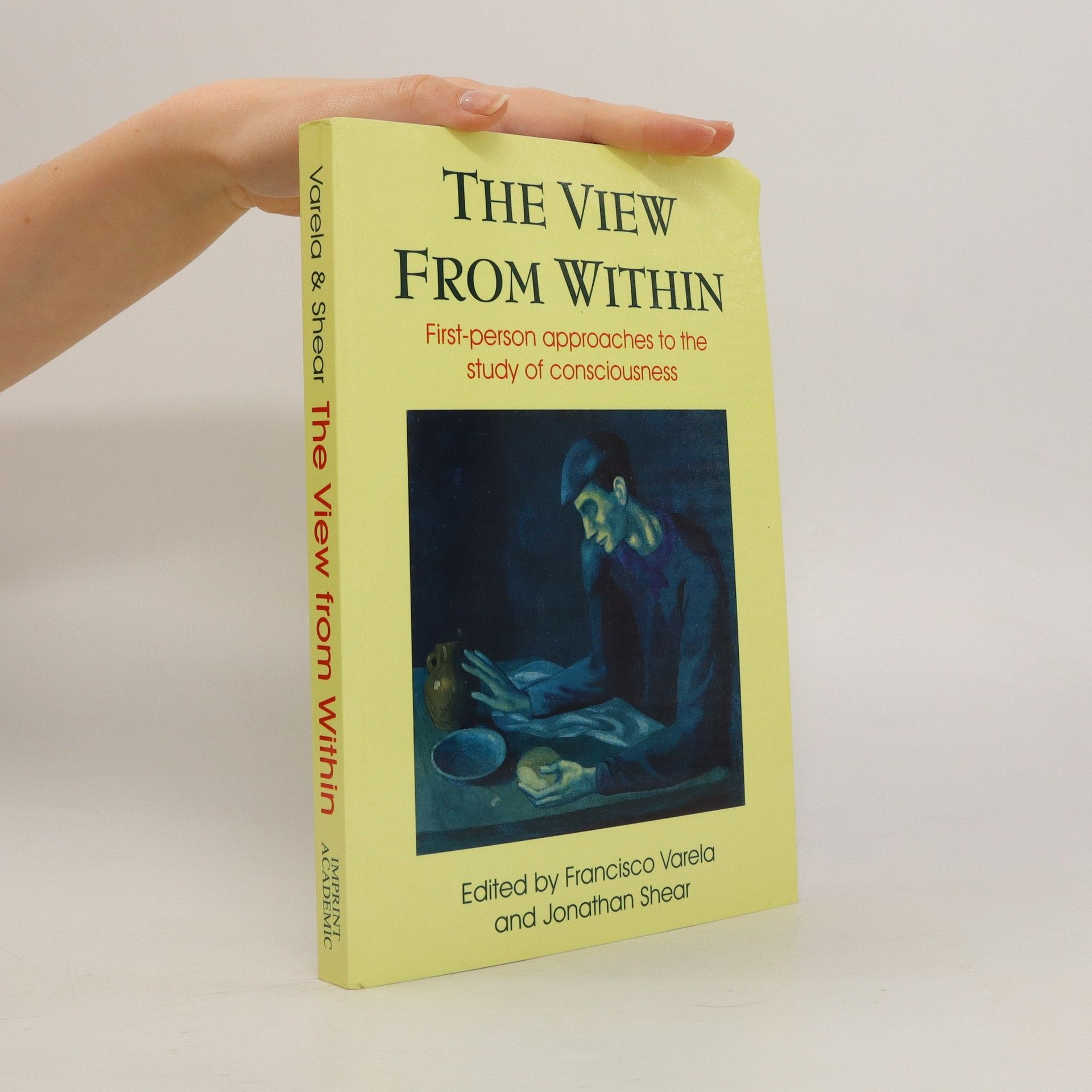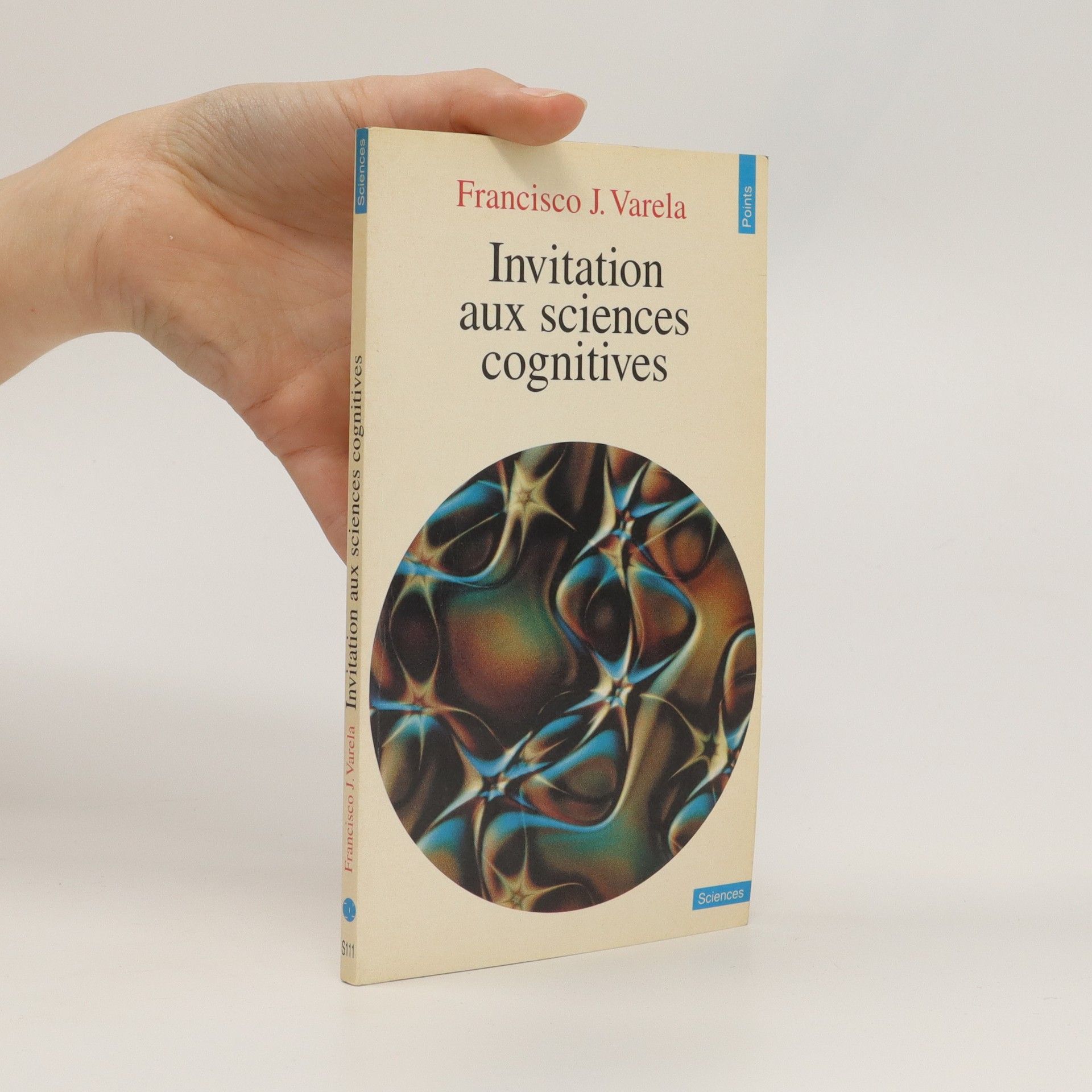The View from Within. First-Person Approaches to the Study of Consciousness
- 313bladzijden
- 11 uur lezen
Over the last decade there has been a resurgence of interest in the scientific study of consciousness -- an area that has been largely ignored since the time of William James. This renaissance has primarily been stimulated by developments in PET, fMRI and other brain-scanning technology that enable scientists to pinpoint the neural correlates of conscious experience with ever-increasing accuracy. However, the study of conscious experience itself has not kept pace with these advances in third-person methodologies. If anything, the standard approaches to examining the 'view from within' involve little more than cataloging its readily accessible components. Thus the study of lived subjective experience is still at the level of Aristotelian science. This has led many to deny that there could possibly be such a thing as a truly scientific study of conscious experience, or at least to ask: can one be objective about the subjective? Drawing on a wide range of approaches -- from phenomenology to meditation -- THE VIEW FROM WITHIN examines the possibility of a disciplined approach to the study of subjective states. The focus is on the practical issues involved.









